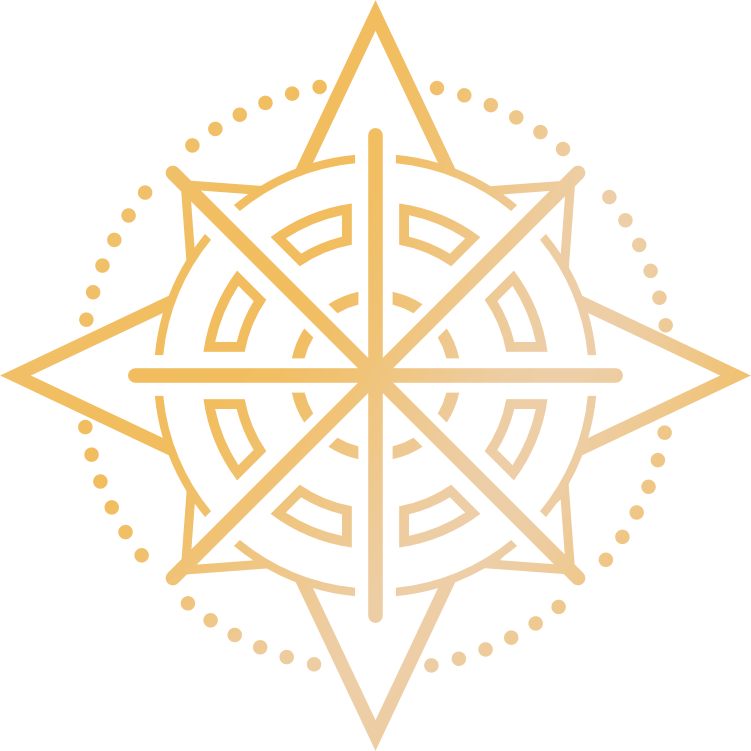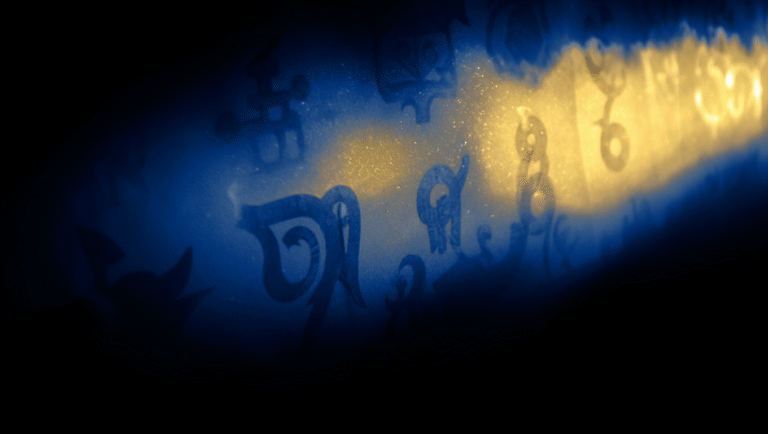Arabian Horoscope: History and Origins
When you think of horoscopes, you might picture the 12 zodiac signs—Aries through Pisces—gracing your favorite astrology app. But did you know that astrology has deep roots in the Arab world, with its own unique system and symbols? The Arabian, or Arabic, horoscope is an ancient tradition that’s less discussed in mainstream astrology circles but is genuinely fascinating, both historically and practically.
Arabian Horoscope: More Than Swords and Shields
Let’s set the scene. It’s the 8th century, and the Arab world is buzzing with scholars translating Greek, Persian, and Indian astrological texts. But instead of copying these systems, Arab astrologers developed their own: a horoscope with 12 symbolic weapons—like the Sword, Dagger, and Slingshot—each representing different life paths and challenges.
“Arabian astrology is not about fate—it’s about the tools you’ve been given, and how you use them.”
Unlike Western astrology, which is based on the position of the sun, the Arabian horoscope uses your birth date to assign you a ‘weapon’—a symbol of your strengths, weaknesses, and the battles you’re likely to face.
Case Study: My First Dive into the Arabian Horoscope
As a spiritual wellness consultant, I’m always hunting for fresh perspectives that actually help people. A few years ago, I tried the Arabian horoscope for a skeptical client who felt Western astrology didn’t “get her.” We looked up her birth weapon—she turned out to be a “Dagger.” The description? Quick-witted, loves precision, sometimes a bit too sharp with words. She laughed—apparently, her friends call her “the straight-talker.”
What surprised us both: the Arabian horoscope didn’t predict her future. Instead, it gave her a new lens for self-reflection—no magic, just honest insight. If you’re into personality frameworks like MBTI or Enneagram, you’ll probably find this system refreshingly practical.
How the Arabian Horoscope Works: A 15-Minute Guide
Step 1: Find Your Birth Weapon
- Locate your birth date (day and month).
- Use an online Arabian horoscope calculator (see resources at the end).
- Record your assigned weapon.
Step 2: Read the Meaning
- Look up the qualities and challenges linked to your weapon.
- Reflect—does this resonate? Where do you see these qualities in your work, relationships, or stress responses?
Step 3: Apply Insights
- Pick one practical action for the week. (E.g., if you’re a “Sword,” practice patience before you ‘cut’ into a heated meeting!)
- Jot down reflections in a journal or notes app—track what feels true, what doesn’t.
Pro tip: You don’t need fancy tools here. Just a notepad, 15 minutes, and an open mind.
Arabian Horoscope Weapons: At a Glance
| Name | Key Feature | Size/Material | Personality Vibe |
|---|---|---|---|
| Sword | Decisive, assertive | Steel/Long | Leader, can be blunt |
| Dagger | Quick, precise | Steel/Short | Sharp-witted, honest |
| Slingshot | Inventive, resourceful | Wood/Small | Creative, adaptable |
| Bow | Visionary, strategic | Wood/Long | Planner, far-sighted |
| Chain | Connector, persistent | Iron/Flexible | Patient, loyal |
What You’ll Need for a Simple Self-Reading
- Birth date (day and month)
- Access to an Arabian horoscope chart (see tools below)
- Notebook or journal
- Optional: a symbol or small object representing your weapon (just for fun)
Time needed: 15 minutes
Checklist: 15-Minute Arabian Horoscope Ritual
- ☐ Find your weapon using an online chart
- ☐ Read its description and reflect for 5 minutes
- ☐ Write one thing you want to embrace or change this week
- ☐ Place a reminder (draw or object) on your desk or phone background
Buying Guides: Arabian Horoscope Books & Journals
Want to dive deeper? Here are a few user-friendly resources—no “guru” vibes, just smart info:
- The Arabian Horoscope: Ancient Wisdom for Modern Life
Pros: Easy explanations, practical tips.
Cons: Black-and-white illustrations only.
Best for: Beginners, curious skeptics. - Astrology Through the Ages: A Practical Guide
Pros: Covers multiple systems, including Arabian.
Cons: More general, not focused solely on Arabian horoscope.
Best for: People who want to compare traditions. - Blank Zodiac Journal
Pros: Lots of space for reflections.
Cons: No guided prompts.
Best for: DIY journalers, bullet journal fans.
Online Tools & Calculators
Historical Roots and Cultural Context
The Arabian horoscope was born in an era when science and mysticism coexisted. Arab scholars were translating and expanding on the work of Ptolemy and other ancient astrologers, merging logic with symbolism. The idea wasn’t to “predict” your life, but to understand which “tools” (weapons) you had at your disposal—very practical, very hands-on.
Fun fact: In many medieval Arab courts, astrologers were advisors, not fortune-tellers. Their job was to help rulers make better decisions, not to tell them what was absolutely going to happen.
Why Try the Arabian Horoscope Now?
- Fresh perspective: It’s different from the usual sun sign stuff.
- Self-reflection: Great for journaling or coaching exercises.
- Low hype, high practicality: More about understanding yourself than predicting romance or lottery wins.
- Time-efficient: You can do a basic self-reading in under 15 minutes.
“The Arabian horoscope is a reminder: Life is less about destiny, more about your choices—and which tools you know how to use.”
Ready to Try?
Pick a tool above, grab your birth date, and give the Arabian horoscope a shot. You don’t need to believe in fate—just be curious about another way to see yourself.
This post may contain affiliate links. If you purchase through them, it won’t cost you extra, but it helps keep this site running.







